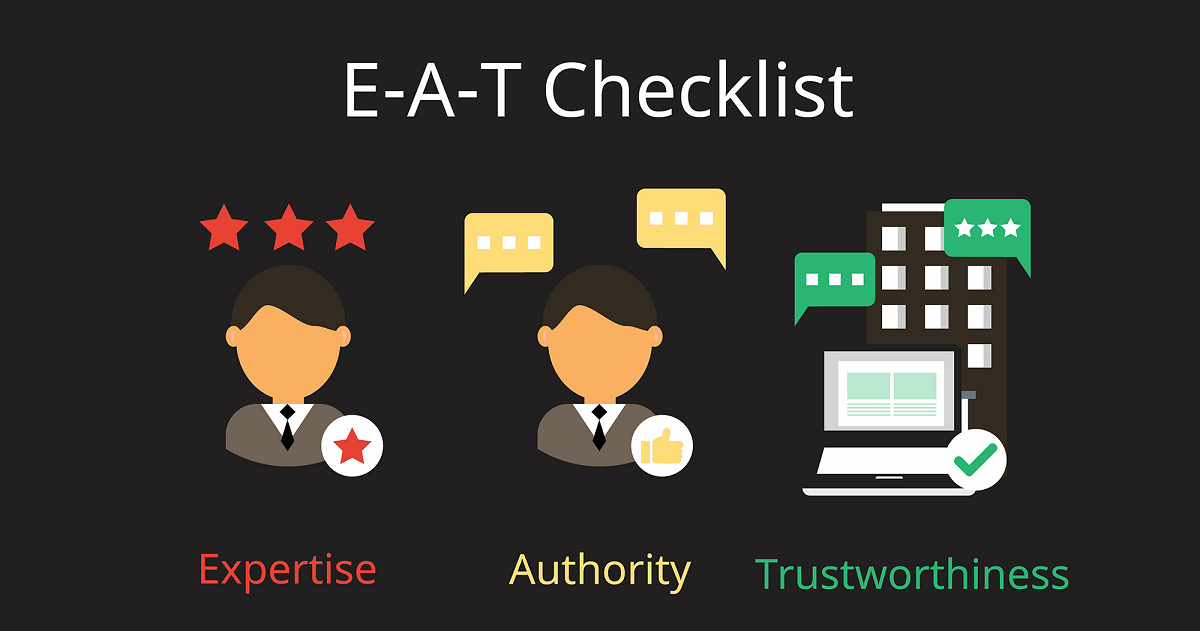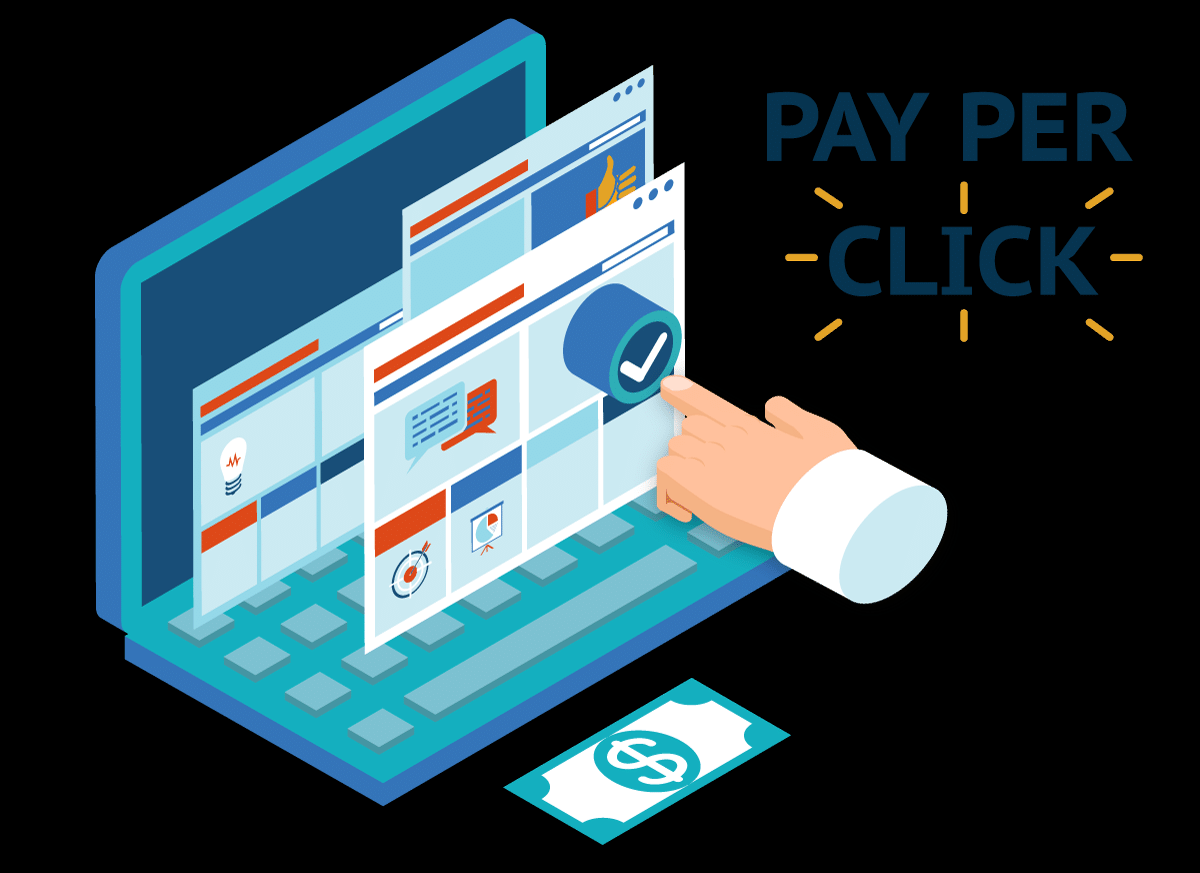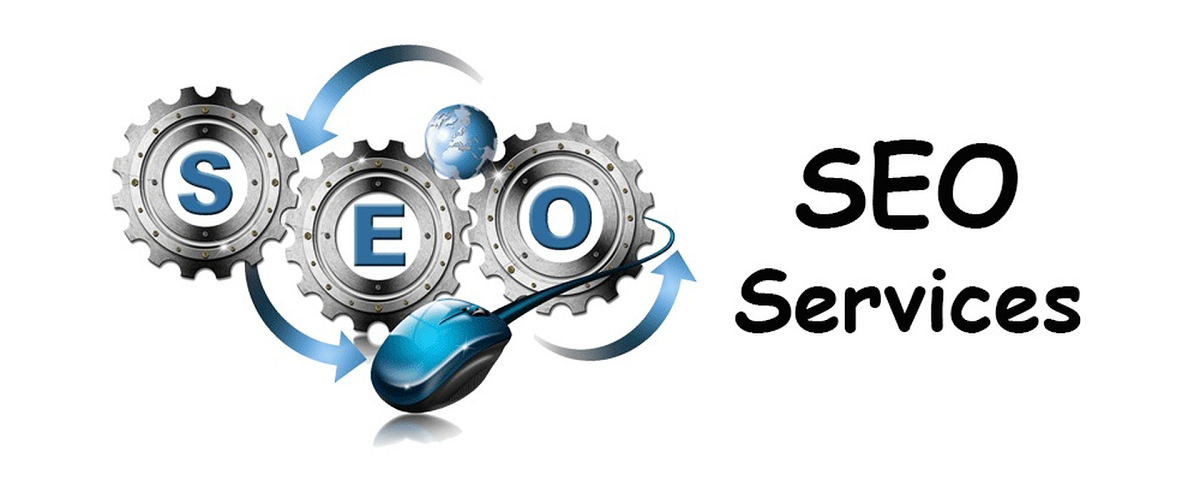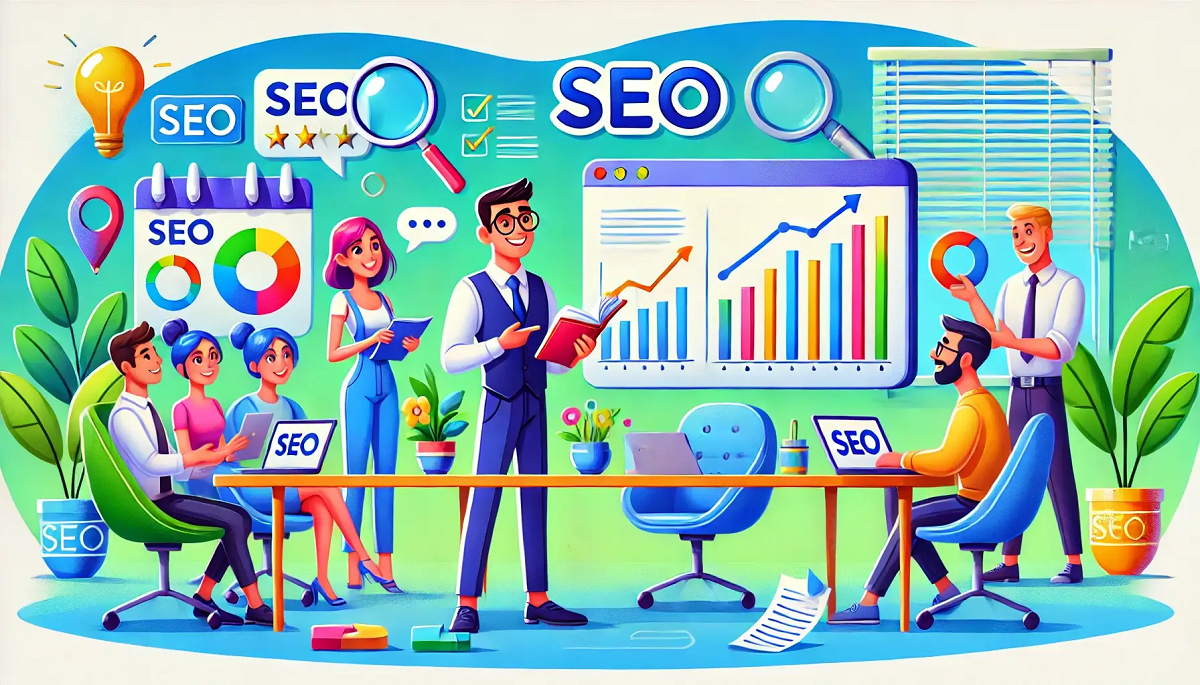BLOG
If you want your website to rank well in Google and attract organic visitors, you need to optimize page speed. A site that loads quickly will keep visitors on your page for longer, resulting in higher organic traffic. The higher the page speed, the higher the chances that your site will be listed on the first page of Google. Organic traffic is crucial to your success. But how do you optimize page speed?
Page speed is a ranking factor for mobile searches
When it comes to Google's algorithm updates, page speed is a major consideration. According to Google, page speed affects mobile search rankings in several ways, including overall experience. Page speed is a factor that Google uses in its Page Experience algorithm, which is based on data from the Chrome User Experience Report. A page with a low page speed may have a poor user experience, especially if it takes a long time to load. However, a page that loads quickly has a good user experience.
Earlier this year, Google announced that page speed will be a ranking factor for mobile searches. The update will apply to sites that have an AMP version of their site. If your site's AMP version is slow, Google may decide not to rank it. However, a page with an average page speed will still be considered good for mobile searches. If you're unsure about how to optimize your page for speed, use the PageSpeed Insights Tool to check its speed.
It affects bounce rate
It has been reported that page speed is a major factor in bounce rate. When people visit a website and view one page, they're likely to leave before completing the transaction or making a purchase. Depending on the traffic source, the bounce rate can be affected by design and content. But how does page speed affect your SEO and Google rankings? A recent industry study found that the rate was directly related to first page Google rankings. A high bounce rate can indicate a number of issues with your website and lower your conversion rates.
Page speed is closely related to user experience, so it's important to pay attention to it. It not only affects the amount of pages a user views in one session, but it can also influence conversion rates and revenue. For this reason, optimizing your website's page speed is crucial to SEO and Google rankings. Fortunately, there are ways to increase page speed without compromising user experience.
It affects session time
The number of visitors visiting your site per minute (or'session time') is a crucial factor to consider in your search engine optimization strategy. Slow loading pages cause disgruntled users to click away, and Google takes bounce rates into consideration when ranking websites. Slow loading pages also reduce the length of each user's session, which in turn hurts your rankings. Here are some ways to increase your page speed and improve your session time.
The number of seconds it takes to load your page is known as its page speed. This metric is affected by several factors, including the server response time, the size of images, JavaScript, and more. A slow-loading page may also negatively affect conversions. While these factors are complex, there are some general guidelines you can follow to improve your page speed. The following are the steps to take to increase your page speed.
It affects conversion rate
While there are many ways to improve page speed, it is crucial to remember that page speed has an indirect impact on SEO. The speed of a website has two key effects: it affects conversion rates and the speed of your site itself. If your page takes too long to load, you may end up with a higher bounce rate and a lower conversion rate. Here are some tips to improve page speed.
First impressions count. Often, visitors will abandon a site if it takes too long to load. Even if your site looks attractive, a poor page loading experience can send them away. 79% of people will not return to a site that takes too long to load. This will hurt your SEO and Google rankings. Ultimately, page speed affects the success of your marketing strategy.











